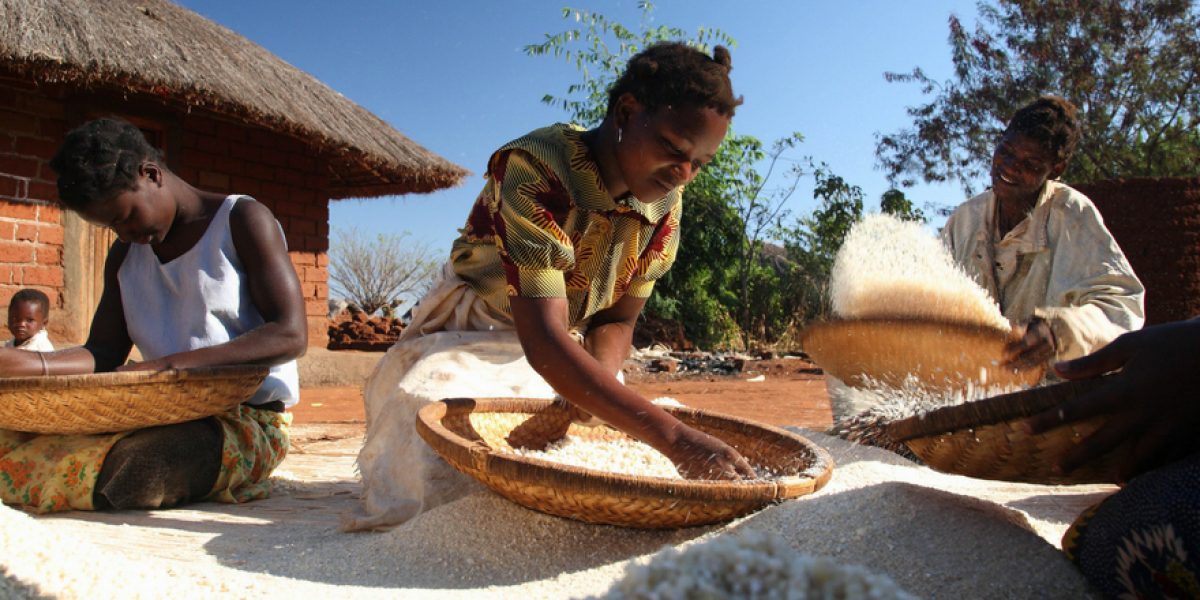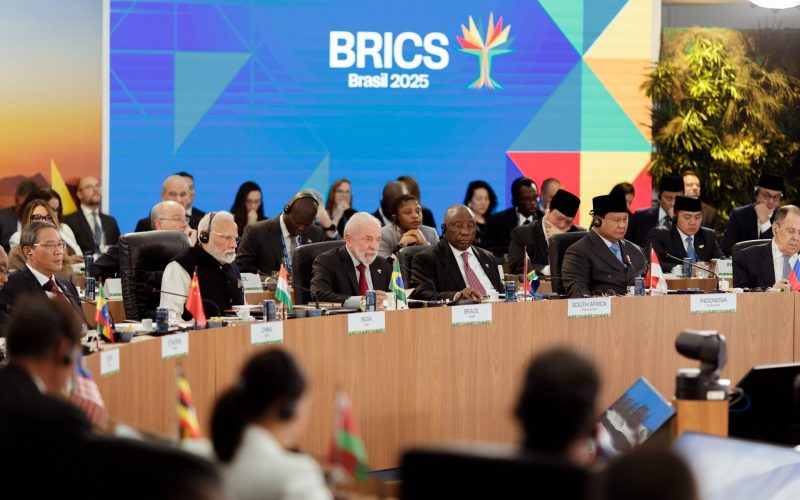These projects were financed for the most part by foreign debt and equity, aided by multilateral and regional development banks. Large foreign direct investment (FDI) projects, therefore, became an important driver of economic growth, especially in the extractives industries and the supporting infrastructure sector. Investments in these sectors were aided by liberalisation and stable macroeconomic policies on the one hand and widespread donor support on the other. Notwithstanding this strong economic growth, Mozambique’s gross domestic product (GDP) per capita is below the low-income country average, and it ranks 180 out of 188 countries in the 2014 Human Development Index. The country’s economic growth showed positive momentum from the mid-1990s until the real impact of the sustained slump in commodity prices was felt, beginning in 2011. Public debt increased from 40% of GDP in 2011 to 56.8% in 2014.
The Mozambican government has recognised the importance of growth in agriculture and large-scale foreign investments have been seen in this sector, with hoped-for spillovers to local smallholder farmers. There is, however, an emerging argument for sharing the technology, expertise and access to resources (including land and water) that the extractive industries have enjoyed in Mozambique since the 1990s, to further develop the agriculture sector. It is possible to transform mineral resources into long-term sustainable developments, but this can only happen when these operations are embedded in secure and prosperous communities. Environmental impacts must be rigorously addressed and risk mitigation and management strategies diligently applied. Joint committees that include private company representatives, government agencies and the community should have continuous and robust engagements.








